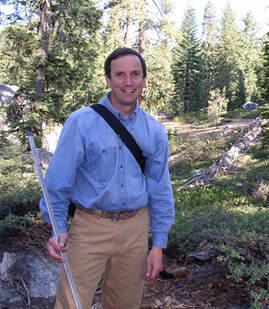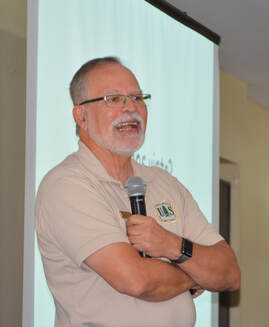2021 ARCHIVES: Plenary Presenters
|
Dr. Debra Harry {Monday, April 12}
Associate Professor Indigenous Studies, Department of Gender, Race, and Identity, University of Nevada, Reno Bio: Dr. Debra Harry is Numu/Kooyooe Tukadu from Pyramid Lake, Nevada. Dr. Harry serves as an Associate Professor in Indigenous Studies for the Department of Gender, Race, and Identity at the University of Nevada, Reno. Dr. Debra Harry’s research analyzes the linkages between biotechnology, intellectual property and globalization in relation to Indigenous Peoples’ rights. Dr. Harry has authored numerous articles related to the protection of Indigenous Peoples’ biodiversity and traditional knowledge including “Biocolonialism and Indigenous Knowledge in United Nations Discourse,” (2011) 20 Griffith Law Review, “Indigenous Peoples and Gene Disputes” 84 Chicago-Kent Law Review (2009). She also contributed a chapter titled, “Acts of Self-Determination and Self-Defense: Indigenous Peoples Responses to Biocolonialism,” as a contribution to a book entitled “Rights and Liberties in the Biotech Age,” (edited by Sheldon Krimsky and Peter Shorett) 2005. In 1994, Dr. Harry received a three-year national Kellogg Foundation National Leadership Fellowship and studied the field of human genetic research and its implications for Indigenous peoples. Dr. Harry earned her Doctor of Philosophy in the Faculty of Education at the University of Auckland under the supervision of renowned Maori scholar, Dr. Linda Tuhiwai Smith. |
|
Dr. Malcolm North {Tuesday, April 13}
Research Forest Ecologist, U.S. Forest Service Pacific Southwest Research Station, and Affiliate Professor of Forest Ecology, Department of Plant Sciences, University of California, Davis Bio: Malcolm North is a Research Forest Ecologist with the U.S. Forest Service Pacific Southwest Research Station, and an Affiliate Professor of Forest Ecology, Department of Plant Sciences at the University of California, Davis. He received his Master of Forest Science at Yale University and his PhD in Forest Ecology from the University of Washington. His research includes work on examining forest restoration and ecosystem response, wildlife, wildfire and forest carbon dynamics published in more than 170 articles. His lab (students and postdocs) primarily focus on forest and fire ecology of Sierra Nevada mixed-conifer forests. |
|
Dr. Ariel E. Lugo {Wednesday, April 14}
Director, International Institute of Tropical Forestry, USDA Forest Service Río Piedras, Puerto Rico Bio: Lugo is a native Puerto Rican educated in public schools, the University of Puerto Rico (BS and MS), and the University of North Carolina at Chapel Hill (PhD). Before his Forest Service career, Lugo was a professor of Botany and Plant Ecology at the University of Florida in Gainesville and Staff Member at the Council on Environmental Quality in Washington, DC. He was also Assistant Secretary at the Puerto Rico Department of Natural Resources. Lugo became Project Leader for the Tropical America Research Work Unit of the Southern Research Station in 1979, and later Director of the Institute when the Research Work Unit was elevated to Station Level by President Bush in 1993. Since then, he has been a member of the National Leadership Team of the Forest Service. Lugo is an active scientist involved in the study of tropical forests. He is a highly cited scientist with over 500 publications and over 40,000 citations to his work. He has received recognitions from his agency (e.g., Distinguished Scientist, Meritorious Presidential Executive Rank Award) and from other organizations (e.g., Latino Center Legacy Award in the Sciences by the Smithsonian Latino Center, Forest Hero Award – United Nations Forests for People Awards). During his tenure with the Forest Service Lugo has focused attention in developing the public profile of the Institute, a conservation ethic for Puerto Rico and other tropical countries, and providing education and research opportunities to under-represented communities and individuals. More recently the Institute is involved in seeking resilient solutions to the problems associated with the Anthropocene Epoch. |



